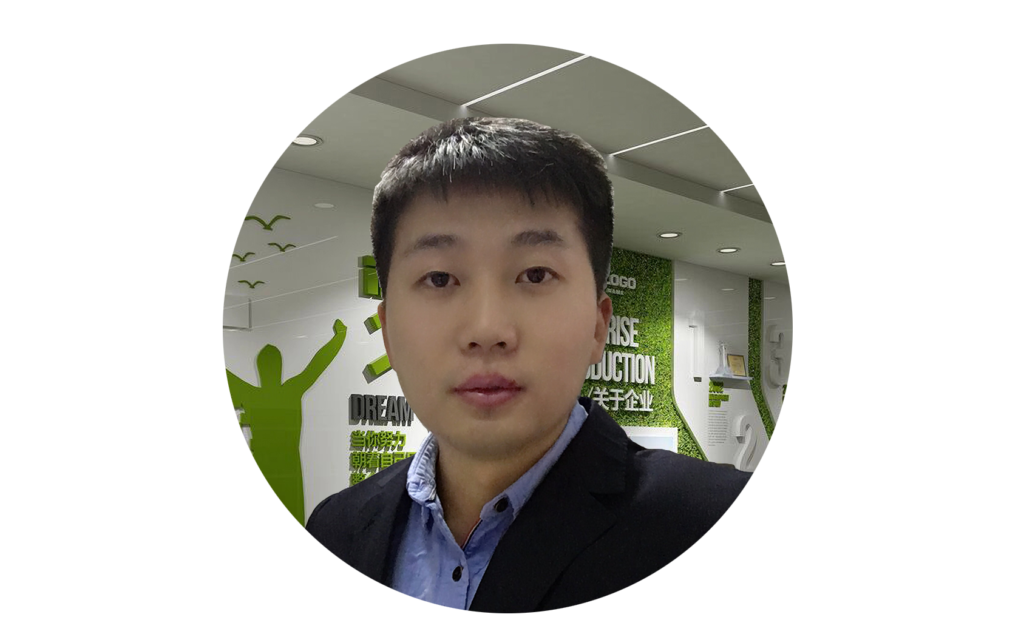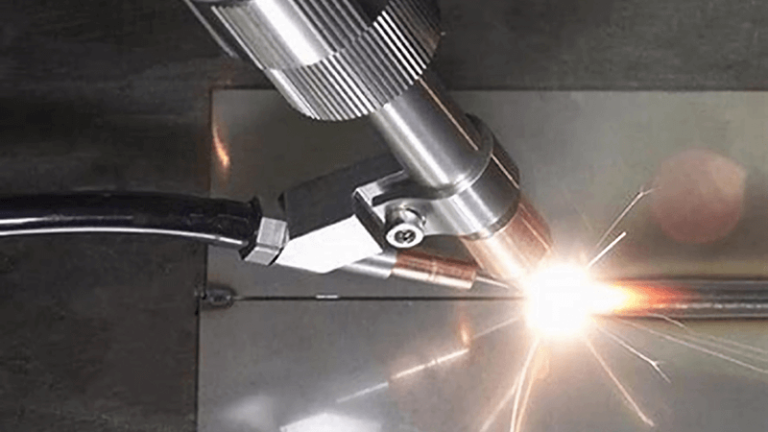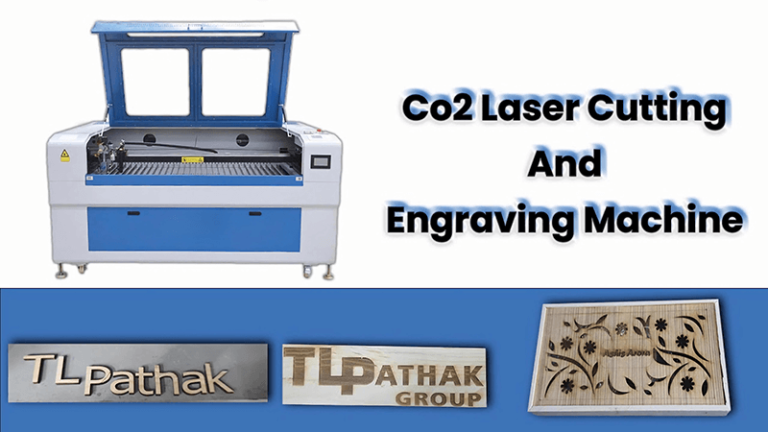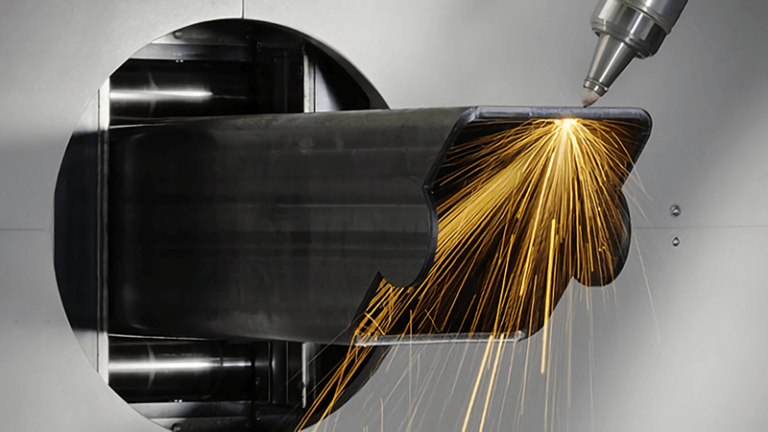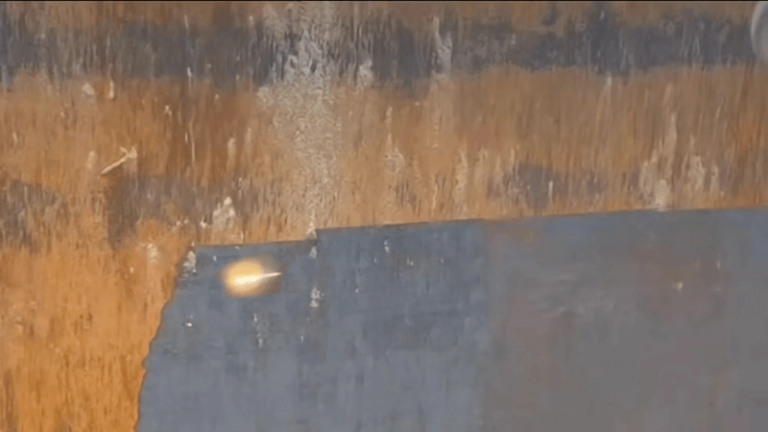When I first got into laser machinery, I thought specs told the whole story. But it turns out, buying the right laser marking machine is more about fit—fit for your material, your process, and your business reality.
To buy the right laser marking machine, start with the material you're marking, then match that to the right laser type. Fiber for metals, CO₂ or UV for organics. Prioritize beam quality, stability, throughput, and after-sales support.
Choosing the right machine is never just about price or wattage. I’ve seen clients make big mistakes chasing specs or low quotes. Here’s what I always tell our customers—and what I wish more people knew.
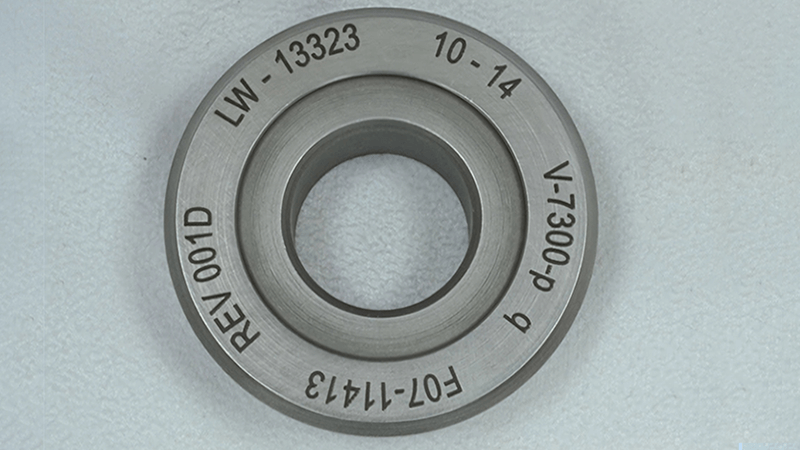
How to choose a laser marking machine?
Buying a laser marking machine can feel overwhelming. Every vendor promises “high precision” and “fast speed.” But I’ve seen time and again: real success depends on asking the right questions before you buy.
To choose the right laser marking machine, start with your material. Fiber lasers are ideal for metals. CO₂ and UV are better for organics. Then look at beam quality, power stability, and real-world throughput—not just spec sheet numbers.
Start with the material
Not all lasers interact with all materials the same way. That’s the number one rule. Here's what I tell every client during our first call:
| Material | Recommended Laser Type |
|---|---|
| Stainless steel | Fiber |
| Aluminum | Fiber1 (esp. anodized) |
| Plastics (ABS, PP) | UV |
| Leather/Wood | CO₂2 |
| Glass | UV or CO₂ |
For example, we had a client importing generic machines from three different suppliers. All of them failed when marking anodized aluminum—lines were blurry, and power was inconsistent. He came to us frustrated. We set him up with our 30W MOPA fiber laser3, specifically tuned for high-contrast marking on light-colored metals. His returns dropped to nearly zero.
Look beyond the wattage
Don’t get blinded by high power numbers. Many low-end machines use inflated specs that don’t reflect beam stability or pulse quality. A well-tuned 20W laser often outperforms a shaky 50W system.
Real-world support matters
I always ask: who’s supporting you when the beam drifts or the lens gets dirty? Kirin Laser clients get direct engineer support—no waiting days for a ticket. Long-term reliability beats short-term price every time.
%[choosing the right laser machine](https://kirinlaser.com/wp-content/uploads/2024/11/kirin-laser-3d-laser-marking-machine.png"choosing the right laser machine")
What is a good wattage for a laser engraver?
Power seems like the most obvious spec to compare. But it's often misunderstood. More watts doesn’t always mean better results.
For laser marking, 20W–30W is ideal for most metals. Plastics and softer materials may only need 10W–15W. The goal is to balance depth, speed, and contrast—not just blast with power.
Match power to purpose
If you're deep engraving metal, a 50W fiber laser4 might help. But if you're doing contrast marking on stainless steel or aluminum, 20W is often plenty—and faster. Higher power also means higher heat, which can damage fine details if not controlled properly.
| Use Case | Recommended Power |
|---|---|
| Surface marking (steel) | 20W–30W |
| Deep engraving (metal) | 50W+ |
| Marking plastics or leather | 10W–15W (UV/CO₂) |
| High-speed industrial line | 30W–60W Fiber |
The balance of power, speed, and quality
We tested two setups on identical stainless steel parts: a cheap 50W unit from an offshore supplier, and our own 30W Kirin Fiber5. Our 30W machine had cleaner edges, better contrast, and finished 10% faster. Why? Stable beam quality and optimized marking software.
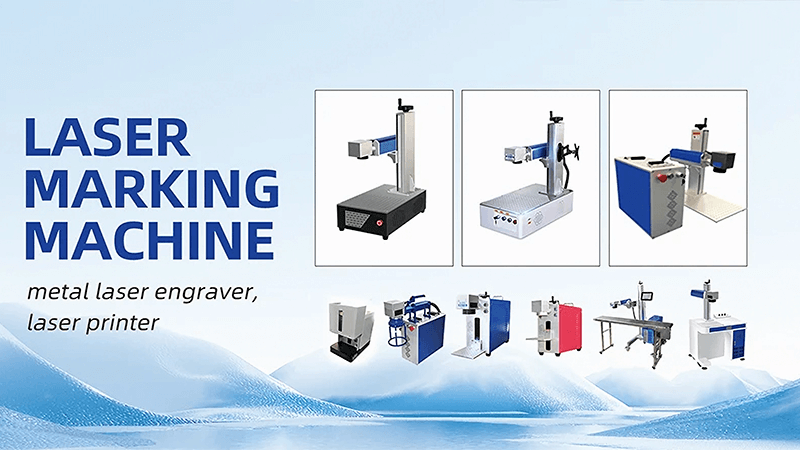
What watt laser is best?
There’s no one-size-fits-all wattage. “Best” depends entirely on your material, mark depth, and production volume.
The best watt laser is the one that meets your marking needs without wasting energy or damaging parts. For most applications, 20W–30W fiber lasers deliver the best balance of cost, speed, and mark quality.
When more power is a problem
One buyer came to us after burning thousands on a 60W laser for leather goods. His marks were inconsistent, edges scorched. Turns out, he didn’t need fiber at all—a CO₂ laser at 15W would have done the job better and cheaper. More wattage without control is like flooring a sports car in a parking lot.
Think in terms of throughput
Power matters, but only as part of the equation. Here’s how I look at it:
| Variable | Why it matters |
|---|---|
| Wattage6 | Affects depth and speed |
| Beam quality7 | Affects precision and sharpness |
| Pulse control | Affects heat buildup and contrast |
| Cooling system | Affects reliability at higher powers |
At Kirin Laser, we don’t just ship boxes—we ask about your process, throughput targets, and finish requirements. Then we match the right power and laser type to your needs.
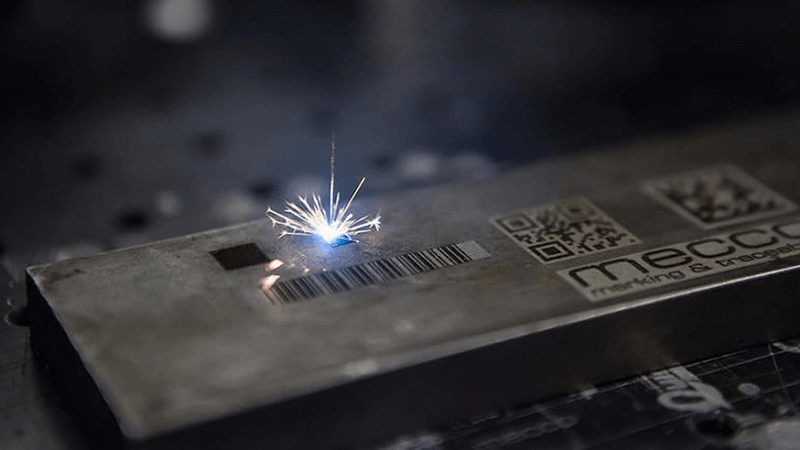
Are all laser machines the same?
It’s easy to think all laser machines are the same when the specs look similar. But the truth? The differences become obvious fast.
No, not all laser machines are the same. Even with the same specs, build quality, beam consistency, software, and after-sales support can vary drastically. What looks cheap upfront can cost more in downtime, returns, and frustration.
Specs don't tell the whole story
Let me share a story. One client bought three “50W fiber lasers” off Alibaba. They looked great on paper. But the beam drifted after 30 minutes of use. The marking software was glitchy. And when they needed support, nobody answered. Eventually, they came to Kirin. We set them up with a 30W MOPA system. It ran clean for 12 hours straight, delivered better contrast, and came with real engineer support.
The hidden cost of cheap machines
Here’s what I’ve seen:
| Factor | Low-Cost Machines | Kirin Laser Machines |
|---|---|---|
| Beam Stability8 | Inconsistent after warm-up | Stable even in long shifts |
| Software | Basic, often buggy | Industrial-grade, tested |
| Build Materials | Thin, prone to vibration | Heavy-duty, precision built |
| After-Sales Support9 | Email-only, slow response | Direct engineer contact |
| Spare Parts | Hard to source | Stocked and shipped globally |
We don’t cut corners to hit a price point. We build for longevity and performance. That’s why customers stay.
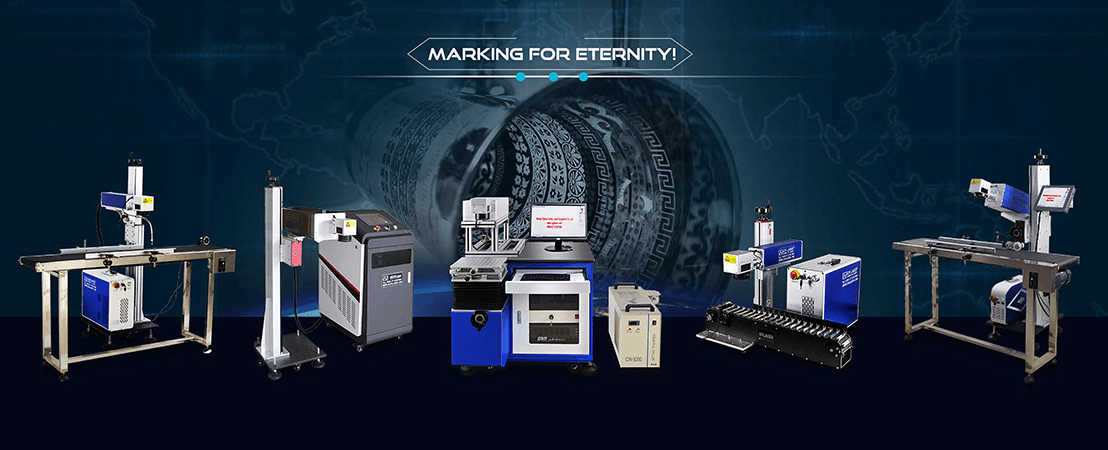
Conclusion
Buying a laser marking machine 10 isn’t just about specs or price—it’s about finding the right fit for your material, workflow, and business. I always recommend starting with what you’re marking. Then look for beam stability, not just wattage. Ask hard questions about software, support, and long-term use. At Kirin Laser, we don’t just sell machines—we build relationships. That’s how we help you mark smarter, not just harder.
-
Explore the benefits of Fiber lasers, especially for metals, to understand why they are preferred for high-contrast marking. ↩
-
Learn about CO₂ lasers and their effectiveness in engraving and cutting various materials like wood and leather. ↩
-
Discover how a 30W MOPA fiber laser can enhance marking precision and reduce returns, especially for light-colored metals like anodized aluminum. ↩
-
Explore the advantages of a 50W fiber laser for deep engraving, ensuring precision and efficiency in your projects. ↩
-
Discover why the 30W Kirin Fiber outperforms competitors in quality and speed, making it a top choice for professionals. ↩
-
Understanding wattage is crucial for optimizing laser cutting efficiency and achieving the best results. ↩
-
Exploring beam quality can help you enhance precision and sharpness in your laser cutting projects. ↩
-
Understanding beam stability is crucial for ensuring consistent performance and quality in laser applications. ↩
-
Exploring after-sales support can help buyers make informed decisions, ensuring they receive assistance when needed. ↩
-
Finding the best laser marking machine and laser engraving solutions from Kirin Laser, clicking this link to get your best needs for your applications. ↩

